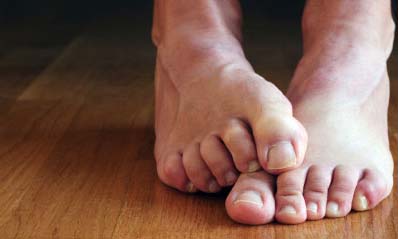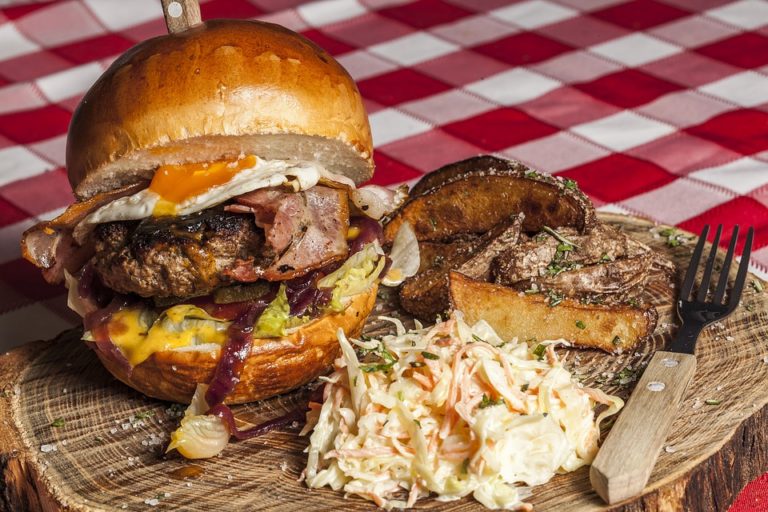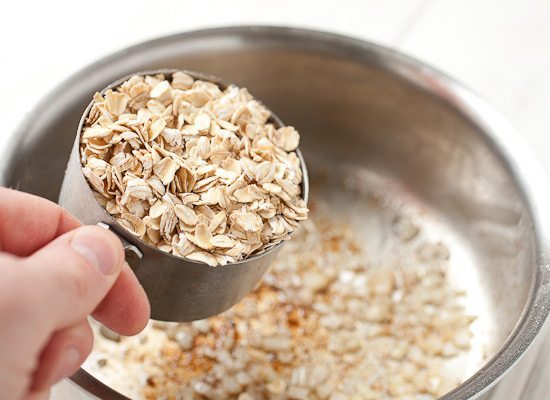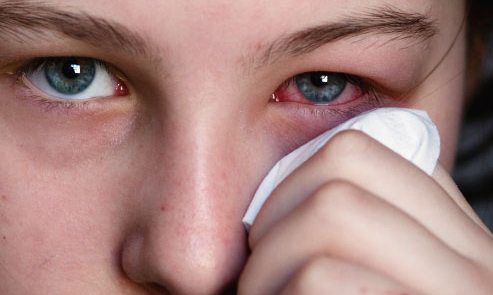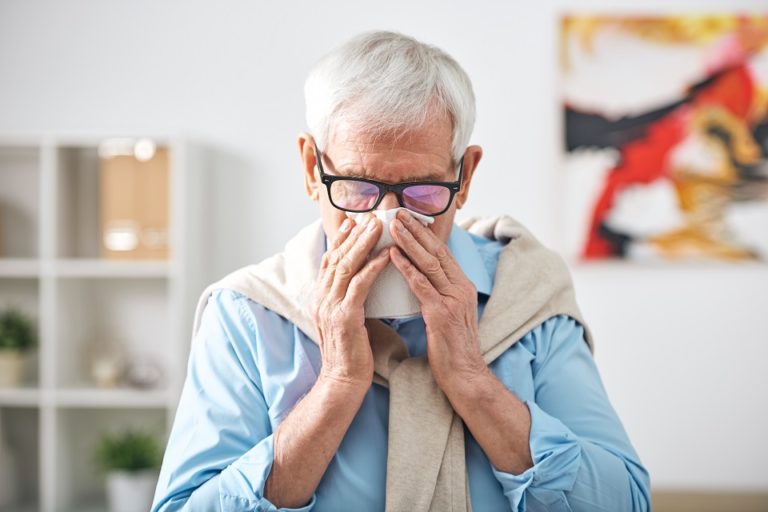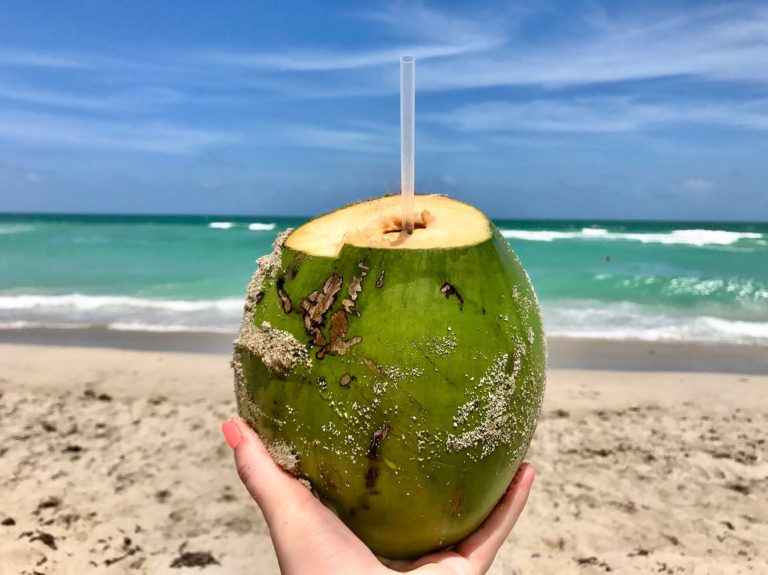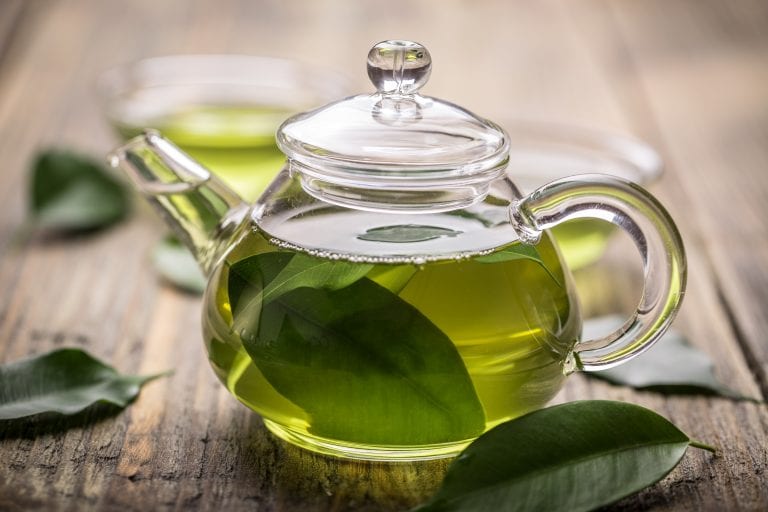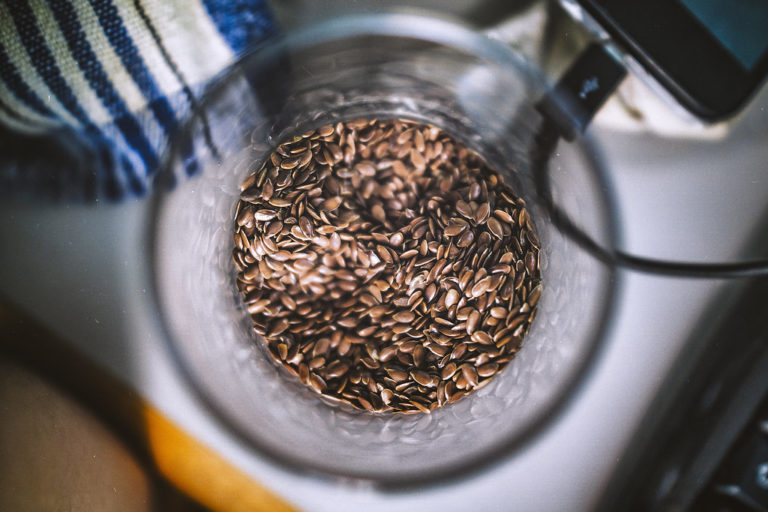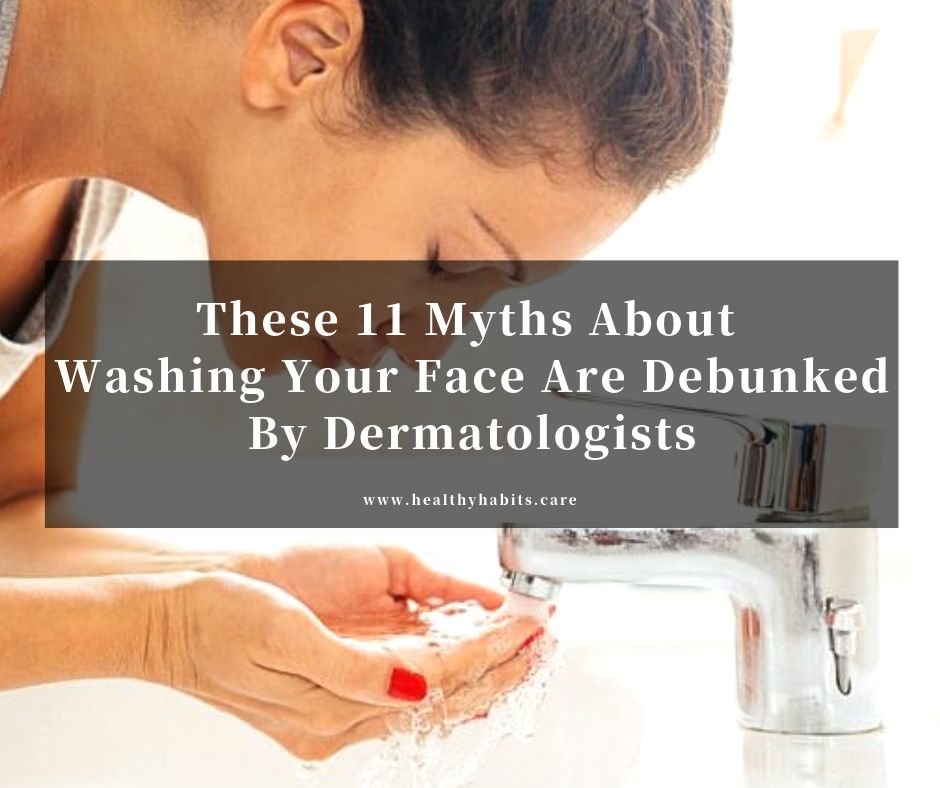
Personal hygiene is, well, personal, but there are general rules when it comes to the basics, like washing your face.
However, with so many beauty and skin care experts advising that one method is better than the next, it’s easy to get your wires crossed. For example, during an interview, Charlotte Cho, co-founder of a Korean beauty line, said washing your face shouldn’t be part of your shower routine. Beauty gurus were shaken – and skeptical.
There are plenty of myths about washing your face floating around that need debunking ASAP. Here are some of the most commonly debated face-washing theories:
Myth: You shouldn’t wash your face in the shower
Dr. Shasa Hu, a fellow of the American Academy of Dermatology, said Cho’s statement “is a total myth.”
“When you wash your face in the shower, the warm mist from the shower promotes deeper exfoliation and unclogs the pores,” Hu explained. “As long as you are not using scorching hot water or harsh soaps, washing your face while you’re in the shower will save you time, save water, and give you a deeper cleaning to prep your skin for the rest of your skin care routine.”
Myth: You should wash your face twice a day
New York City-based dermatologist Dr. Hadley King said that whether you need to wash your face twice a day depends on your skin type and what you need to wash off. For example, dry or sensitive skin types are fine to cleanse once in the evening, while oily skin might require you to cleanse at least twice a day, King said. However, if you complete a sweaty workout or wear heavy makeup, she recommends washing your face after the gym or before bed.
“Cleansing before bed is generally recommended not only to remove makeup, but also [to remove the] dirt and pollution that accumulates on our skin during the day,” King said. Those particles, she added, can can cause oxidative damage and contribute to collagen breakdown and wrinkles. “If you use overnight skin products that leave a residue or film on your skin, then you will likely want to cleanse your face in the morning as well,” she added.
Myth: Double cleansing with both an oil- and water-based cleanser is necessary
When cleansing with an oil-based product, following up with a water-based cleanser is strongly suggested, said Rachel Nazarian, a New York City-based dermatologist. But if you wash your face first with a water-based cleanser, you don’t need a secondary process for it to be effective, she said.
“Oil-based cleansers may offer a benefit for removing certain makeup or dirt, but ultimately they should be rinsed with water-based cleansers afterward to effectively rid potential residue left behind,” Nazarian said. “An appropriate water-based cleanser is ideal for all skin types.”
Myth: Your products are only effective if your face feels a slight burn or tightness after use
“No pain, no gain” doesn’t apply when it comes to skin care, said Dr. Audrey Kunin, a dermatologist and founder of a clinical skin care brand. That’s especially true when ingredients like glycolic acid, which extracts dirt and debris from the skin, is buffered so that a slightly higher pH prevents users from experiencing the burn of the chemical.
“When skin is burned or irritated by skin care ingredients, it upsets the protective acid mantle of the skin, which can lead to further skin sensitivities and even skin infection,” Kunin explained.
However, certain acids and prescription strength retinoids can yield a slight burning sensation or peeling reaction until the skin has adjusted to it, Hu added. “In general, these symptoms subside as the cellular turnover gets re-equilibrated by the active ingredient,” Hu explained. If you’re unsure whether your skin’s reaction to a product is normal, reach out to a dermatologist before continuing use.
Myth: Washing your face with soap and water will suffice as a routine
“Regular soap is for cleaning regular things. Your skin is not regular,” Nazarian said. Typical soaps will strip natural oils and hydrators from your skin, she explained, which can “disrupt the pH of your skin and damage the skin barrier.” Cue eventual dryness, irritation, and loss of moisture. Instead, give your skin a gentle, fragrance-free cleanser that offers a deep clean and caters to your unique complexion.
Myth: Scrubbing is the best way to get a deep clean
Contrary to popular belief, scrubbing with a washcloth or mechanical devices won’t scuff away oil or makeup polymers on the surface of the skin, Hu said. In fact, mechanical scrubbers can cause “microscopic fissures” on the skin that can raise the risk of an allergic reaction or skin irritation.
“Over time, your skin responds to aggressive mechanical exfoliation by producing more oil, which can lead to clogging,” Hu said. “This often then becomes a vicious cycle.” If you must scrub, she recommends using a soft muslin cloth or cleansers with spherical beads.
Myth: You’re more prone to breakouts if you don’t wash your face every day
While maintaining a clean complexion definitely helps prevent breakouts, there are other factors – like genetics and hormones – that can cause acne.
“If you have oily skin and are acne-prone, then yes, you may get more clogged pores and acne breakouts if you are not washing your face regularly,” King said. “But if you are not particularly oily or acne-prone, not washing your face every day is not so likely to give you acne.”
Myth: You shouldn’t use a washcloth to dry your face
True, drying your face with a washcloth can be problematic in two situations: First, if the cloth is contaminated with bacteria, yeast, and fungi; and second, if the cloth is so abrasive it results in irritation. However, King said, “if you use a soft, clean cloth and gently pat dry without rubbing, then this should be fine.”
Myth: Washing your face with only a makeup removal wipe at night will suffice
If you wear a full face of makeup during the day, using a makeup wipe should be the first – but not the only – step in your face-washing routine at night.
“Cleansing wipes remove a bulk of bacteria, dirt, and oil, but also leave a trail of residue behind,” Nazarian said. “This can potentially lead to acne and infected glands, especially around the eyelids and eyelashes. Appropriate facial cleansing requires a water-based rinse to fully clean.”
Myth: You don’t have to wash your hands before washing your face
Even if your hands don’t look or feel outwardly dirty, your hands are always in use, Hu said. “Most people use hands frequently for typing on keyboards and phones, or driving,” she said, and the bacteria and chemicals on these surfaces can lead to skin and eye irritation or infection, especially in people who are prone to eczema.
So, if you want to minimize your risk of these issues, washing your hands before washing your face is a very important step.
Myth: You don’t need to take your makeup off before you wash your face
If you don’t wear much makeup throughout the day, some dermatologists find that a cleanser can perform double duty – stripping away the makeup and cleansing the skin of dirt and debris. However, others like Hu highly recommend makeup removal be the first step in your routine.
“Makeup has pigment, preservatives, minerals, and metals that often can clog your pores if left on too long … and prevent penetration of your skin care products,” she explained. “It is essential to remove makeup as the first step in your nighttime routine.”





